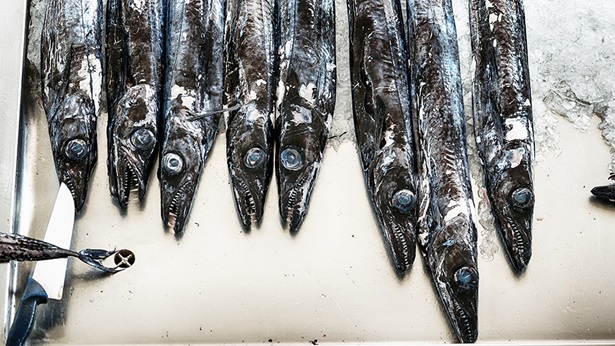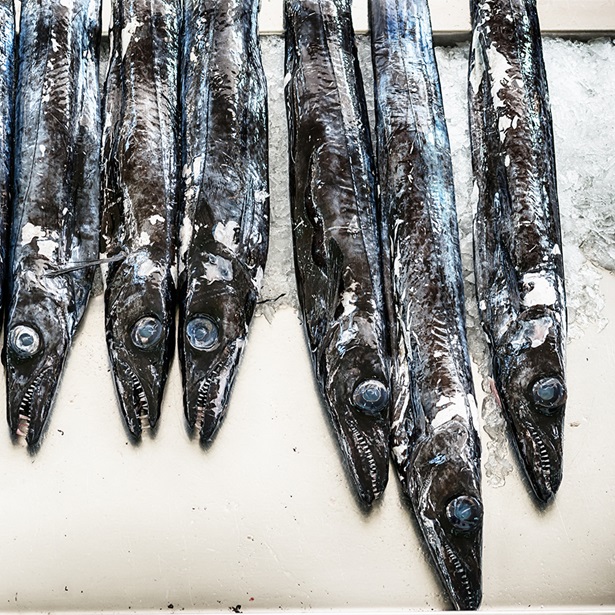EU at Risk of Missing Deadline to End Overfishing
Fisheries council sets catch limits that undermine promise to achieve sustainability by 2020
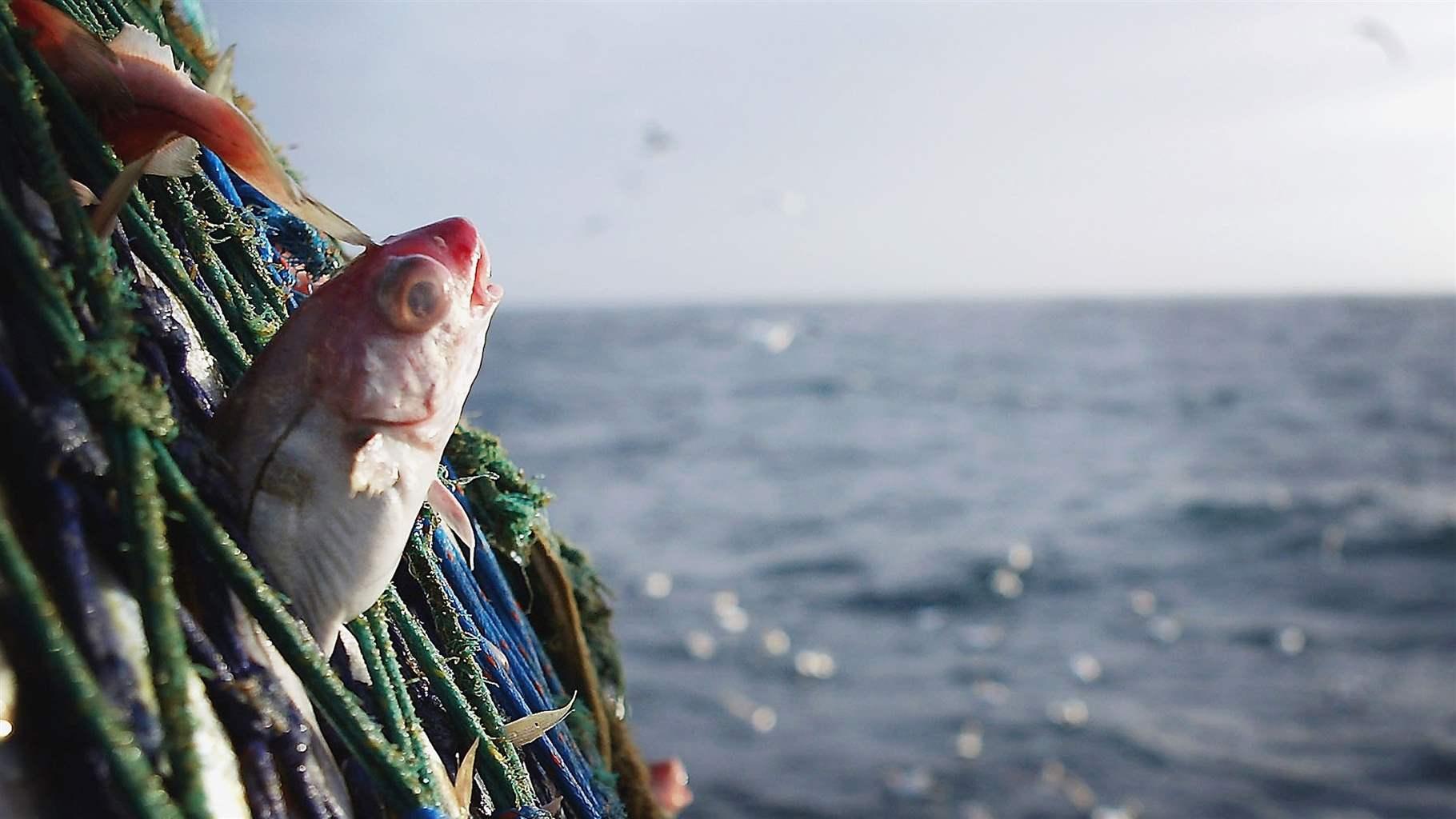
Even before the European Union’s 28 fisheries ministers gathered this week in Brussels to set catch limits for 2019, it was clear that overfishing of several stocks would continue in European waters in the new year. Now that the meeting is over—the Agriculture and Fisheries Council reached agreement on over 100 limits for 2019—it’s clear that ministers are not doing what’s needed to meet their legal obligation to end overfishing in EU waters by 2020.
The Brussels gathering was the most comprehensive of this year’s Council meetings. Ministers, who failed earlier this year to end overfishing, had a chance to improve on the solid but limited progress they made last December.
In keeping with tradition, ministers negotiated late into the night, striking a deal at 2:50 a.m. Karmenu Vella, the European commissioner for maritime affairs and fisheries, and the leaders of the talks, the Austrian Presidency of the Council, hailed this agreement as good progress towards delivering the requirement in EU law to end overfishing.
But that optimism cannot be justified until every agreed stock limit is compared to the limits that scientists advised; the full regulation, including precise details on each 2019 limits, is likely to be published in January. And it is apparent, rather than making progress, that decision makers are taking significant risks.
The Council set a significant number of catch limits in excess of scientific advice, and the new trend for 2019 is the introduction of “by-catch” limits. These are intended to cover non-target species inadvertently caught while fishers are pursuing other species. Ministers justify by-catch limits on the theory that they allow fishers to keep and sell certain “accidental” catches that otherwise would have been discarded. But in reality, these limits allow catch of those non-target species in excess of scientific advice and are usually set for stocks that are generally not thriving—including some that are at risk of collapse. The Council must act in 2019 to reduce this by-catch and ensure that these stocks recover.
The real test now is whether member states take responsible action or use the by-catch limits as the latest loophole to water down their fisheries policies.
Among the stocks likely to be overfished in 2019 is mackerel in the north-eastern Atlantic. Before the Brussels meeting, EU member states had already endorsed a catch limit for this hugely valuable species that will continue overfishing and had agreed to that quota with non-EU countries.
The Commission also signalled in June that it would propose limits higher than the scientific advice for less commercially important stocks and those with less supporting data, and the early signs are that ministers have embraced this approach, taking bigger risks for stocks where less is known about their health, a very questionable approach.
With only one year before the 2020 legal deadline to end overfishing, ministers can’t afford to continue to take such risks. It is also extremely troubling that the EU institutions have chosen to adopt new delaying tactics and loopholes, maintaining the status quo at the expense of long-term sustainability. In taking this path, EU decision-making bodies are severely stretching their credibility and degrading the Common Fisheries Policy. In the end, fish stocks and fishing businesses have for more to lose from these decisions than do the politicians who are ultimately responsible.
Andrew Clayton directs The Pew Charitable Trusts’ efforts to end overfishing in North-Western Europe.


America’s Overdose Crisis
Sign up for our five-email course explaining the overdose crisis in America, the state of treatment access, and ways to improve care
Sign up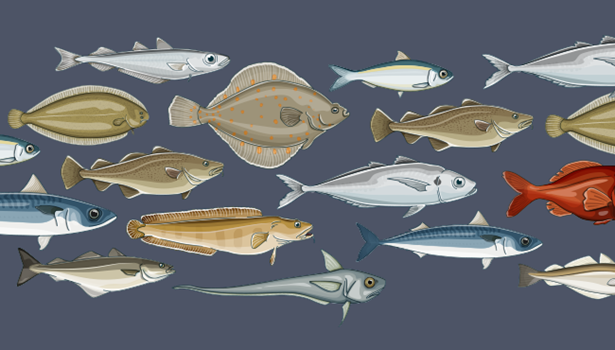
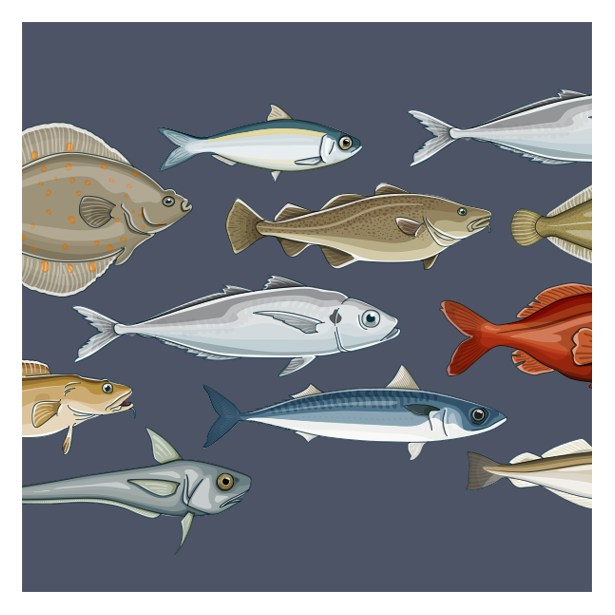
For EU, Effort to End Overfishing Is Coming Down to the Wire
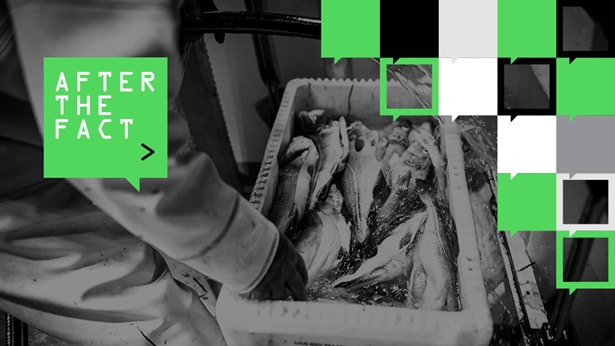
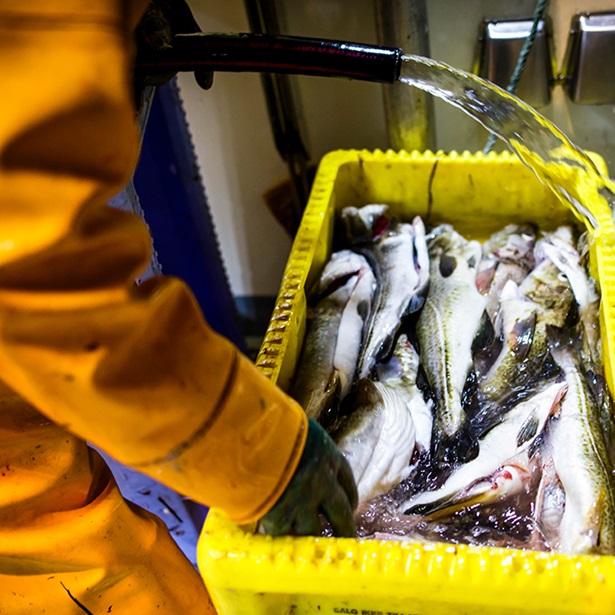
The Future of Fish and Chips
